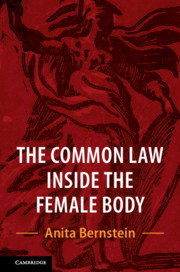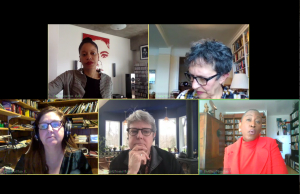Columbia Journal of Gender & Law
Symposium Announcement and Call for Papers
Are You There, Law? It’s Me, Menstruation
April 9, 2021
The Columbia Journal of Gender & Law is pleased to announce a call for papers for its Spring 2021 symposium: Are You There, Law? It’s Me, Menstruation.
This symposium explores the intersection of law and menstruation. Over half the population menstruates for a large portion of their lives, but the law has mostly been silent on the issue. Virtually all people with female biology menstruate, although not all who menstruate are girls or women. A truly inclusive law reform movement will take all who menstruate into account, without regard to race, economic class, age, or gender identity. A legal system that takes into account the biology of over half the population is the foundation for a more just society.
Judy Blume’s young adult classic, Are You There God? It’s Me, Margaret, first captured readers’ attention fifty years ago, but only recently have periods entered the public discourse. The “tampon tax”—the state sales tax on menstrual products—is currently the subject of multi-state litigation and legislative advocacy. Public awareness of the unfairness of the tax has inspired many people to start speaking and mobilizing about other obstacles, including the lack of employment-related accommodations for menstrual needs, the lack of access to safe and affordable products (particularly in schools and prisons), and the anxiety and harassment that menstruating students can face at school. Increasingly, litigation is being brought about some of these issues, and some states and localities are also taking action on their own, notably by requiring free menstrual products in settings like prisons, schools, and shelters. “Period poverty”—being unable to afford menstrual products—remains an obstacle to school, work and full participation in public life.
The Symposium will be held at Columbia Law School on April 9, 2021. The conference will include a full day of panel discussions and will be open to the public. The program concludes with a reception celebrating the journal’s thirtieth anniversary.
Papers
To be considered for a paper presentation at the symposium, please submit an abstract of your proposed paper by 5:00 p.m. on August 15, 2020 to columbia.jgl.submissions@gmail.com. Abstracts should be no longer than 500 words and should relate to the conference theme. Possible topics might include:
- Affordability, availability, or safety of menstrual products.
- Challenging the state sales tax on menstrual products.
- Menstruation-related discrimination and harassment in employment, education, and/or other contexts.
- Menstrual education in schools.
- Menstruation-related challenges unique to prisoners, incarcerated people, and visitors and employees in carceral facilities.
- Menstruation-related needs of homeless and low-income individuals and families.
- Cultural stigmas and taboos related to menstruation.
- Lawyering and social movements that are inclusive of all who menstruate, including trans boys and men, people with gender fluid identities, and people with non-binary gender identities.
- Research related to health issues connected with menstruation and menstrual products.
- Environmental issues related to menstruation, including access to water, disposal of menstrual products, and toxic chemicals used in menstrual products.
- Alternatives to commercial menstrual products, including micro-lending for financing of menstruation-related small businesses.
- Human rights concerns, including the right to dignity, the right to education, and/or the right to employment, and their connection to menstruation.
- The relationship of popular culture, including Judy Blume’s Are You There God? It’s Me, Margaret, to the understanding of menstruation.
- The use of female empowerment and feminist messaging in selling menstrual products and menstrual education.
- Menstrual-related activism, including litigation and legislative reform.
- Coalition-building between and among groups around issues related to menstruation.
Successful proposals will include a discussion of how the selected topic relates to the law. Interdisciplinary approaches and perspectives from outside the legal academy are very welcome.
Selected speakers will be notified by September 15, 2020.
Publication Opportunity
The selected speakers from this Call for Papers will have the opportunity to publish their papers in a special symposium issue of CJGL. All such papers will be due by February 1, 2021. They must be no more than 3,000 words and should be lightly-footnoted. The abstracts will be posted to CJGL’s public website, and the complete versions may be made available prior to the symposium on a password-protected site to all symposium participants.
Registration and Transportation
There is no registration fee associated with the conference. There are funds available to cover the reasonable transportation costs and accommodations for speakers coming from outside the New York metropolitan area.
Short On-Line Essays
In connection with the symposium, CJGL invites expressions of interest in contributing short essays (100-500 words, including footnotes) on any aspect of law and menstruation, or reflections on the influence of Judy Blume’s book and its legacy for generations of readers. Essays will be hosted on the CJGL website beginning in early 2021 and are intended to be written for a general audience. We warmly welcome contributions from students, faculty, attorneys, activists, artists and others. Contributions may take the form of personal reflections, cultural critiques or other menstruation-related topics of the author’s choice. Short essays do not have to be in a traditional academic format.
To be considered for contribution of a short essay, please submit a short (2-4) sentence proposal by 5:00 p.m. on August 15, 2020 to columbia.jgl.submissions@gmail.com. Selected contributors will be notified by September 15, 2020.
Final versions of short on-line essays will be due November 1, 2020.
Questions?
Questions about logistics of the program can be directed to CJGL Symposium Editor Jenna Rae Lauter: jrl2156@columbia.edu
Other questions can be directed to the Symposium’s faculty conveners: Professor Bridget Crawford (Elisabeth Haub School of Law at Pace University) bcrawford@law.pace.edu; Professor Emily Gold Waldman (Elisabeth Haub School of Law at Pace University) ewaldman@pace.edu; and Professor Margaret Johnson (University of Baltimore School of Law) majohnson@ubalt.edu.


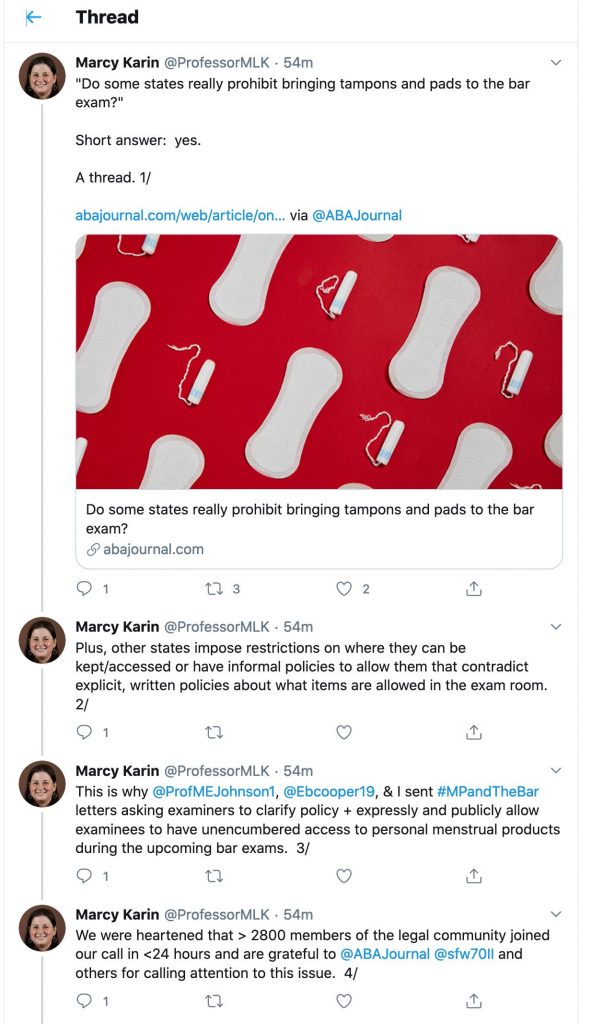
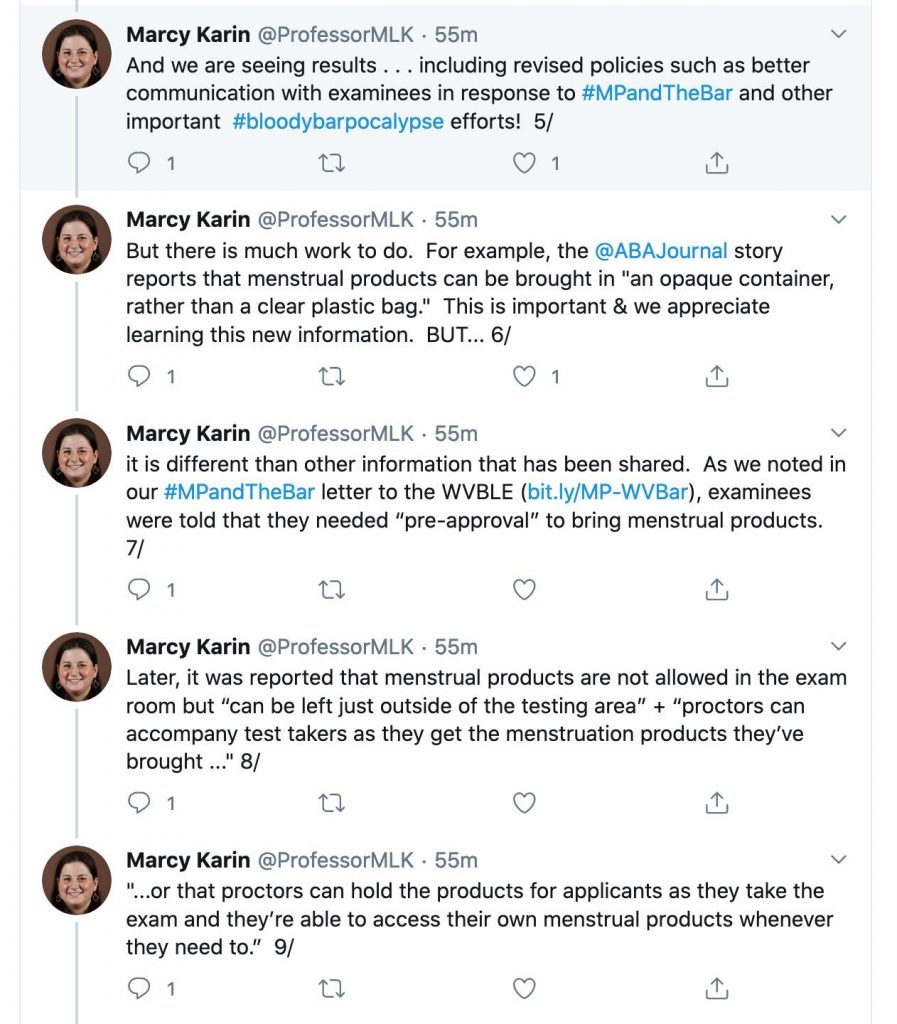
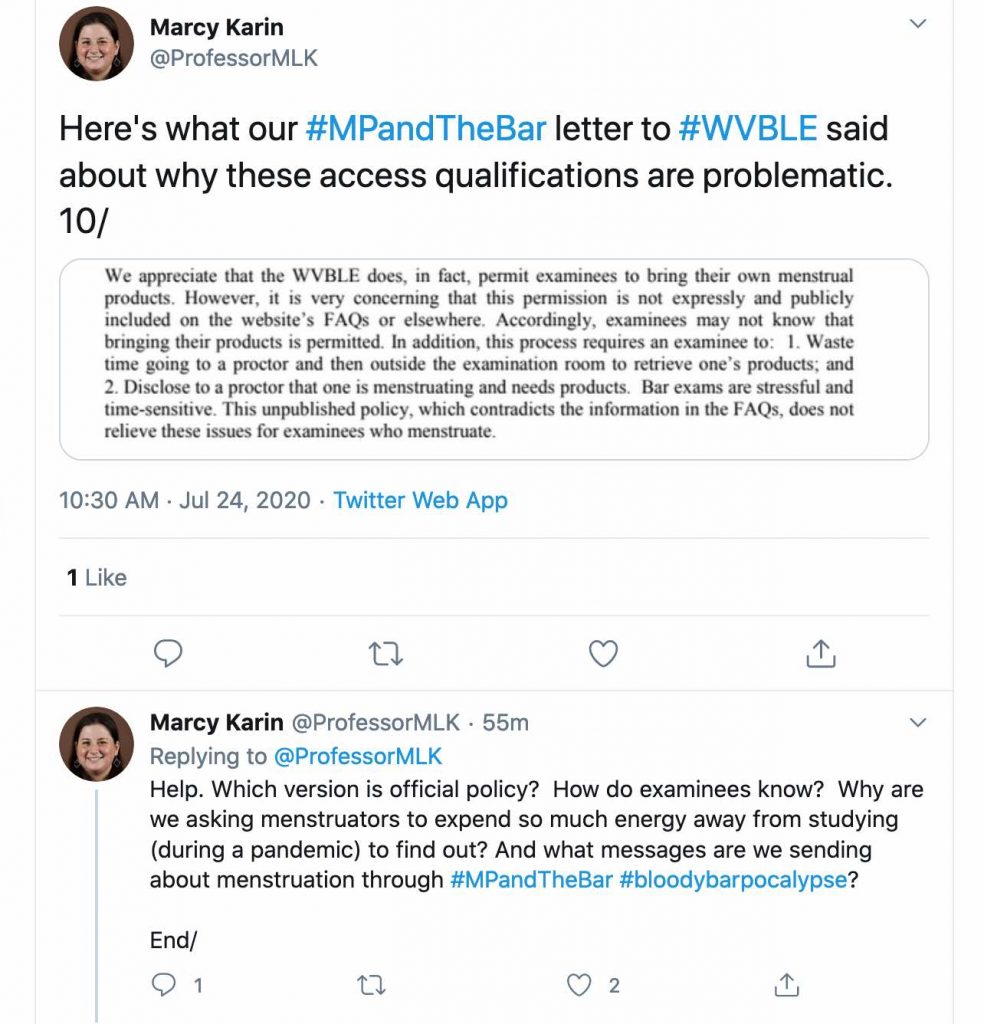
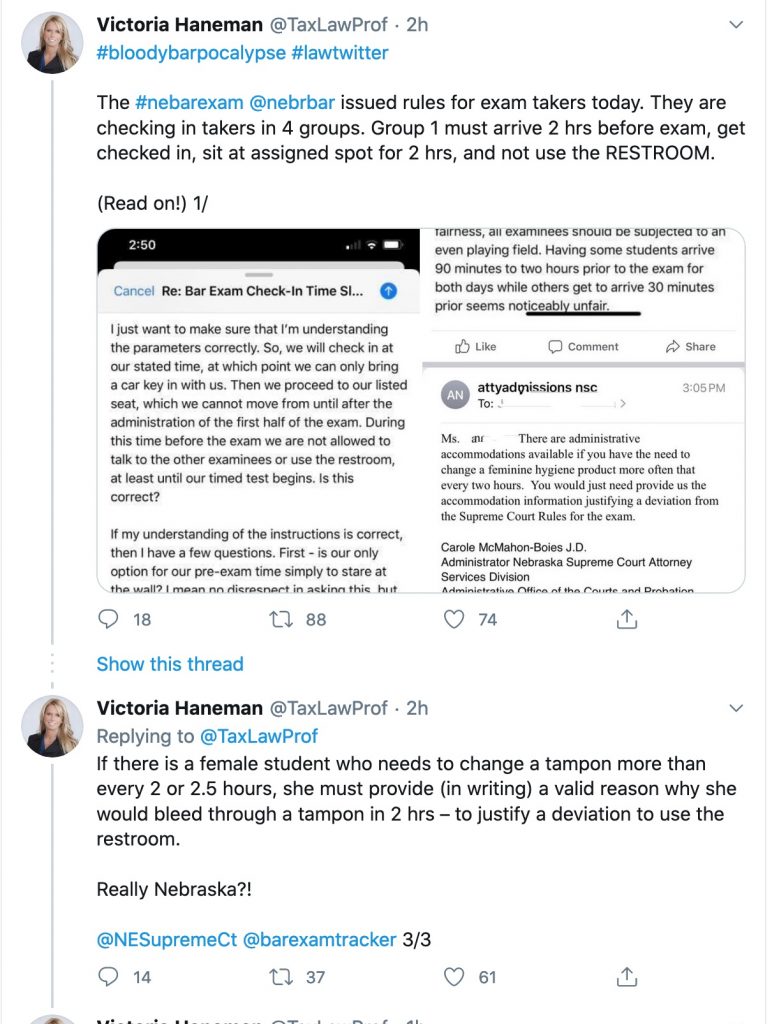
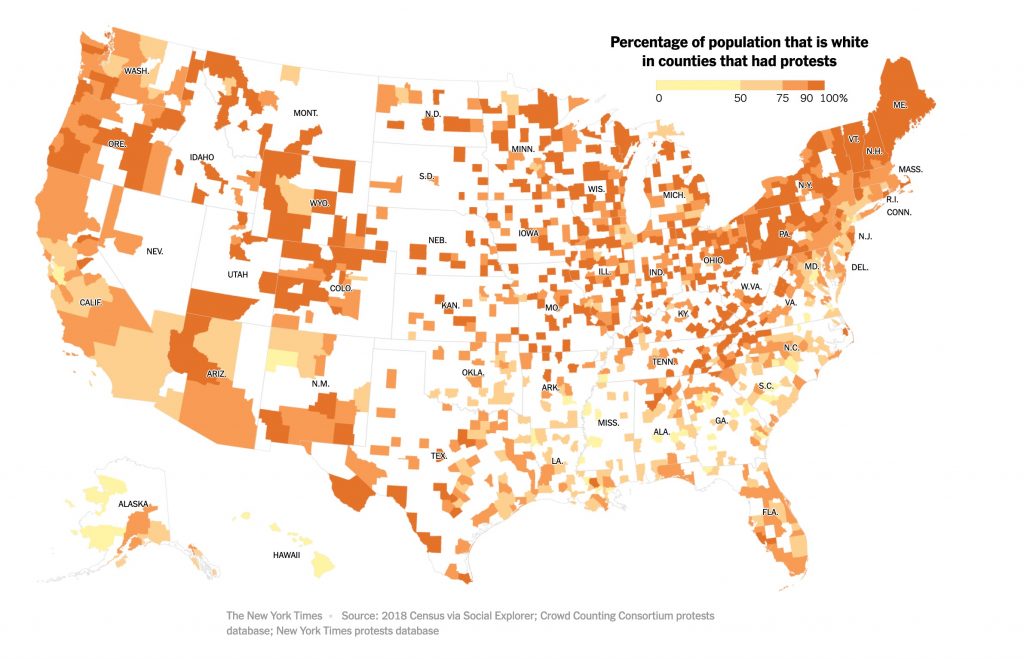
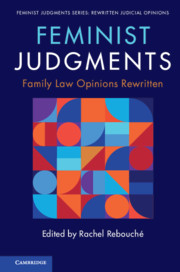 Feminist Judgments: Family Law Opinions Rewritten (Rachel Rebouché ed. 2020)
Feminist Judgments: Family Law Opinions Rewritten (Rachel Rebouché ed. 2020)

